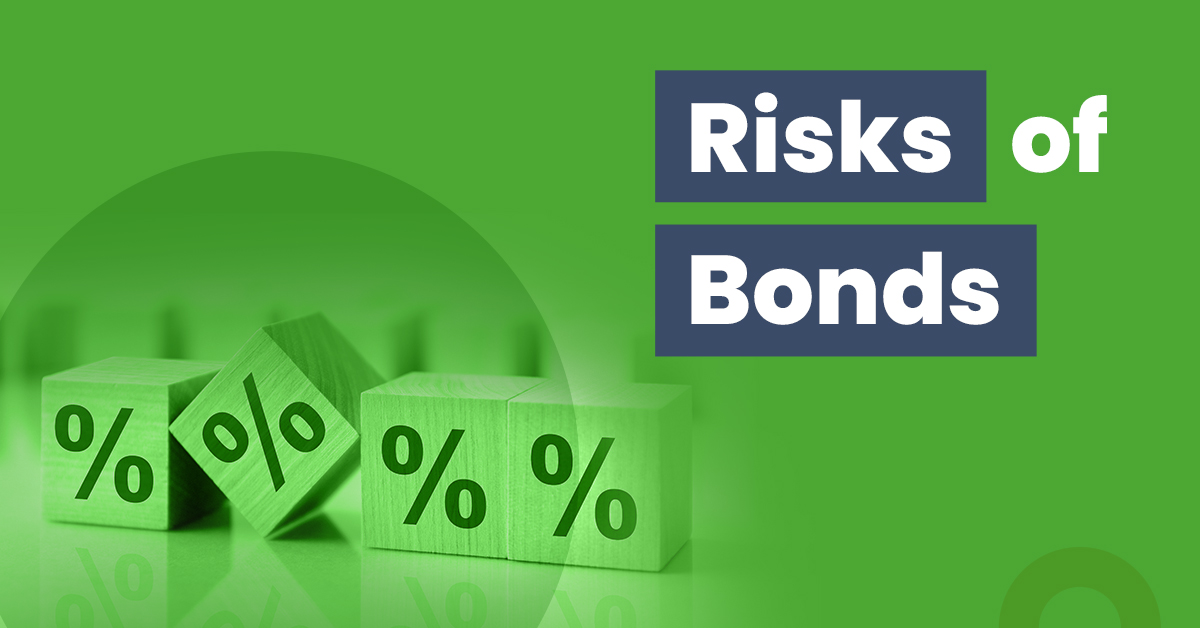Home>Finance>International Bond Investing: Definition, Examples, And Risks


Finance
International Bond Investing: Definition, Examples, And Risks
Published: December 11, 2023
Learn about international bond investing in finance, including its definition, examples, and potential risks.
(Many of the links in this article redirect to a specific reviewed product. Your purchase of these products through affiliate links helps to generate commission for LiveWell, at no extra cost. Learn more)
International Bond Investing: Definition, Examples, and Risks
Looking to diversify your investment portfolio and explore global opportunities? International bond investing might be just what you need. In this article, we will dive into the world of international bonds, covering their definition, examples, and the risks involved. So, if you’re curious about how international bond investing can benefit you, keep reading!
Key Takeaways:
- International bonds offer investors the opportunity to diversify their portfolio by investing in bonds issued by foreign governments or corporations.
- Investing in international bonds can provide potentially higher returns, greater liquidity, and exposure to different economic cycles and currencies.
But before we dive deeper, let’s start with the basics. So, what exactly are international bonds?
International bonds are debt instruments issued by foreign governments or corporations to raise capital from investors. They function similarly to domestic bonds, but with one key difference – the issuer is located in a different country than the investor. This allows investors to participate in the growth and stability of foreign markets while potentially benefiting from currency appreciation.
Now that we understand the definition, let’s explore a few examples of international bonds:
- Sovereign Bonds: These are bonds issued by foreign governments. Investing in sovereign bonds allows you to lend money to a government in exchange for regular interest payments.
- Corporate Bonds: These bonds are issued by foreign corporations. When you invest in corporate bonds, you are essentially providing capital to the company in return for periodic interest payments.
- Emerging Market Bonds: These bonds are issued by companies or governments in developing nations. They typically offer higher yields but carry additional risks due to the less stable economic and political environments.
- High-Yield Bonds: Also known as junk bonds, these are bonds with lower credit ratings. They offer higher yields to compensate for the increased risk associated with investing in them.
While international bond investing brings numerous benefits, it’s essential to be aware of the risks involved. Here are a few key risks:
- Foreign Exchange Risk: Fluctuations in currency exchange rates can impact the investment’s overall return, especially when converting interest payments and principal back into the investor’s home currency.
- Political and Economic Risks: Investing in international bonds exposes you to the political and economic conditions of the issuing country. Instability in these areas can affect the issuer’s ability to meet its obligations.
- Interest Rate Risk: Changes in interest rates can impact bond prices and yields. Therefore, it’s essential to closely monitor interest rate movements and adjust your investment strategy accordingly.
- Credit and Default Risk: Just like domestic bonds, international bonds carry the risk of default. Thoroughly researching the issuer’s creditworthiness is crucial to mitigate this risk.
So, is international bond investing right for you? It depends on your risk tolerance, investment goals, and the level of diversification you seek. Consulting with a financial advisor can help you determine if international bond investing aligns with your overall investment strategy.
In conclusion, international bond investing is an excellent way to diversify your portfolio and capitalize on global opportunities. By understanding the definition, exploring examples, and being aware of the risks, you can make informed investment decisions to maximize your returns in the global market.














